Swiss firms pushed to put Tehran dreams on hold
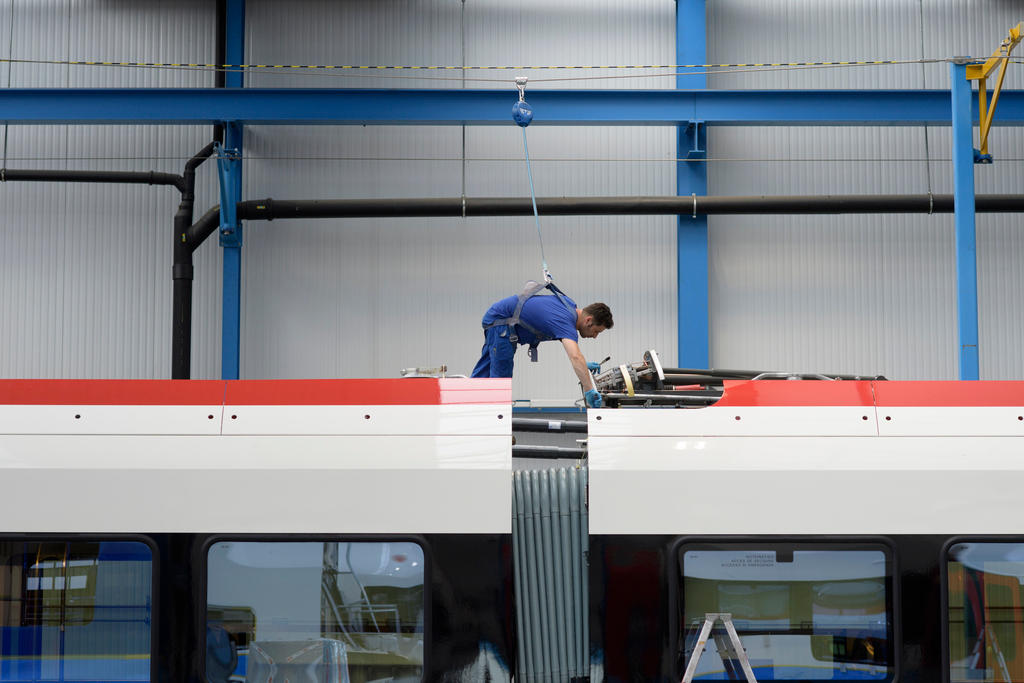
Euphoria at the prospect of big business in Iran was short-lived. As a result of the new sanctions imposed by the United States on the Islamic Republic, Swiss companies are beating a retreat. China stands ready to step in and fill the void.
In early March, the Swiss Embassy in Tehran External linkand the Iranian press agency IRNA proudly announced a deal worth billions for the Swiss company Stadler Rail External linkto deliver almost 1,000 underground train carriages to Iran.
Was this rejoicing premature and pointless? According to a report in Blick newspaper,External link the deal is about to be cancelled. Since US President Donald Trump scrapped the Iran nuclear agreement, business with Iran is once again a risk for companies which rely on the goodwill of the United States. These companies stand between two enemy fronts in world politics.
Stadler Rail’s head of sales, Peter Jenelten, was quoted in Blick as saying “the Iranians can’t wait forever. The underground train order will probably be snapped up by the Chinese.”
Marina Winder, head of press at the eastern Swiss train manufacturer, denied the newspaper report to swissinfo.ch, without specifying what about it was “not correct.” Stadler signed a statement of intent in February with the Iranian Industrial Development and Renovation OrganizationExternal link (IDRO)but has so far not signed a contract, Winder said.
“Stadler stands by this negotiated result. But it is still not clear whether a contract with the IDRO would be affected by US sanctions. Of course, Stadler will comply with sanctions and trade embargoes,” the train manufacturer said.
Either Iran or the United States
Philippe Welti, the former Swiss ambassador in Tehran and current president of the Swiss-Iranian chamber of commerce, explains the dilemma facing all globally active firms that do business with the second-biggest economy in the Middle East.
Whatever happens now in the exporting industries will just be a weighing of risks: either give up business in Iran, or risk hefty fines and feel the long arm of US economic power, he says.
“This calculation is usually made pretty quickly by most companies,” he adds, noting that an increasing number of European companies are leaving Iran. “One member of our chamber of commerce said to me ‘we can still deliver one machine that was paid in advance, but after that, it’s over.’”
Switzerland and the EU are powerless, even if they have loudly declared the sanctions to be invalid, the Iran expert says. Trump has no consideration for the interests of others, not even his allies.
“The US is trying to apply American law worldwide,” Welti said. “Because this is not legally possible, they are achieving it with economic clout. This power grab is aimed at completely isolating Iran. And that can only succeed if the whole world applies sanctions.”
“China jumps into every vacuum”
The sanctions are even more problematic for companies that have invested in Iran and have industrial bases there that can’t be wound down in three months. These companies are in a bind – just like the Swiss train builder, which would have liked to sell 120 trains to Iran but doesn’t want to give up its American market.
Iran won’t be able to wait long for Swiss companies, especially as “China jumps into every vacuum that opens. The Chinese are constantly increasing the quality of their industrial products,” Welti said.
China holds a lot of trump cards
The Chinese competitor is likely to be the Beijing-based industrial company CRRCExternal link, which employs more than 180,000, Cui Juni, a consultant to the Chinese rail industry, told swissinfo.ch. She is convinced that Chinese trains will sooner or later have a dominant position in the European market.
For China, the Iranian market is of great significance in the context of its “One Belt, One Road” (new Silk Road) project aimed at building an intercontinental trading network: on the one hand, via exports in order to ease its own industrial overcapacity, and on the other, to secure its own energy needs from Iran’s vast reserves of oil and gas.
China holds another trump card: It can offer an untrammelled payment system. “In western monetary transactions, no one is an island anymore. Every bank is part of the global network,” says Welti, the former ambassador. Individual western companies try to circumvent the sanctions by working with local subsidiaries in the Middle East. Such protective walls are not impossible but they are complicated, risky, unstable and above all, expensive. “Orderly, standardised payments can’t be established for the long term via such channels,” Welti says.
The Geneva Banque de Commerce et de PlacementsExternal link (BCP) has already begun its withdrawal from Iran. The bank said it has liquidated its business there and is turning down any new business contacts related to the country. BCP was named as one of the official financial intermediaries for international transactions with Iran in 2013.
And what of the companies which kept up their economic ties with Iran during the last embargo? NovartisExternal link, for example, has supplied Iran with medicine for years, and Bühler, a company based in Uzwil in the canton of St. Gallen which produces machines for wheat and food processing, has had a presence in Iran since 1976 and maintains several bases there.
These companies face the same strategic risk-weighing, according to Welti. “If they are active globally, then they are vulnerable to American pressure outside the US too.”
Gold fever nipped in the bud
After the nuclear agreement was sealed, preventing Iran from building a nuclear bomb and allowing a step-by-step lifting of sanctions in return, a kind of gold fever developed in 2015 in some branches of western industry, including in Switzerland. Delegations of high-ranking politicians and business representatives from numerous countries travelled to Tehran to get an early foothold in some lucrative businesses.
The Swiss didn’t linger at the back of the queue. In 2016, the then-president and economic minister Johann Schneider-Ammann, escorted by a flock of Swiss corporate executives, met with Iranian President Hassan Rouhani to strengthen economic ties between the two countries.
Exports to Iran did indeed begin to rise – in 2017, they increased 7.6% to 536 million Swiss francs. Some companies – namely commodities traders like Glencore, construction materials giants like Lafarge-Holcim, industrial conglomerates like ABBExternal link or SulzerExternal link, elevator manufacturers such as Schindler, cable railway builders like BartholetExternal link, textiles machinery makers such as SSMExternal link, car-part producers including AutoneumExternal link, and train manufacturers like Stadler Rail – anticipated big business by participating in the expansion of Iranian infrastructure.
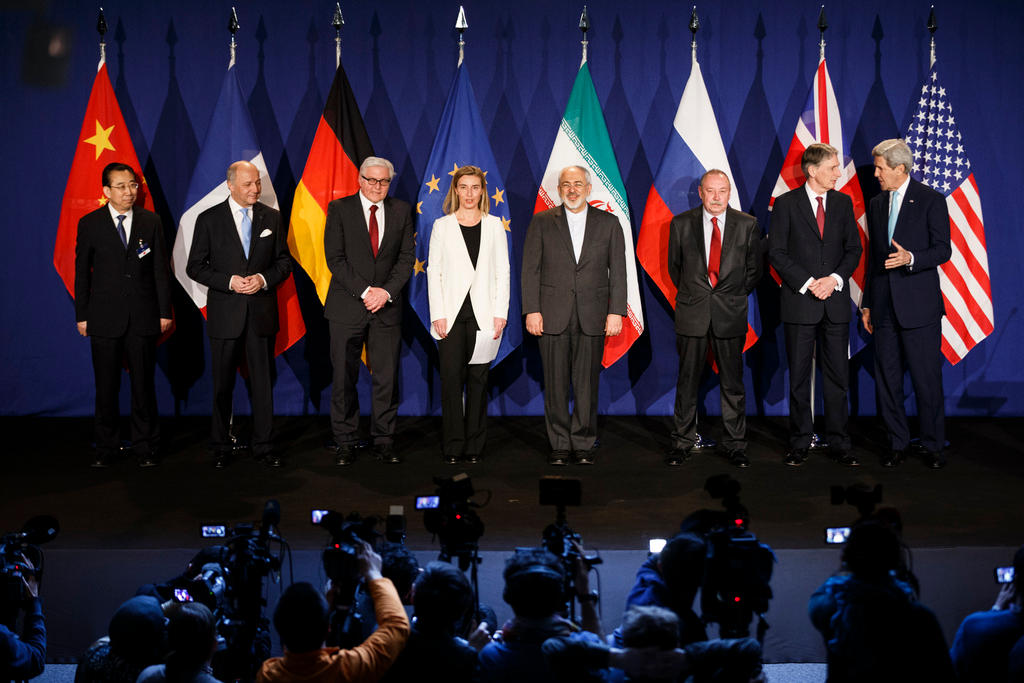
More
Swiss firms in Iran fear US sanctions
Translated from German by Catherine Hickley.

In compliance with the JTI standards
More: SWI swissinfo.ch certified by the Journalism Trust Initiative











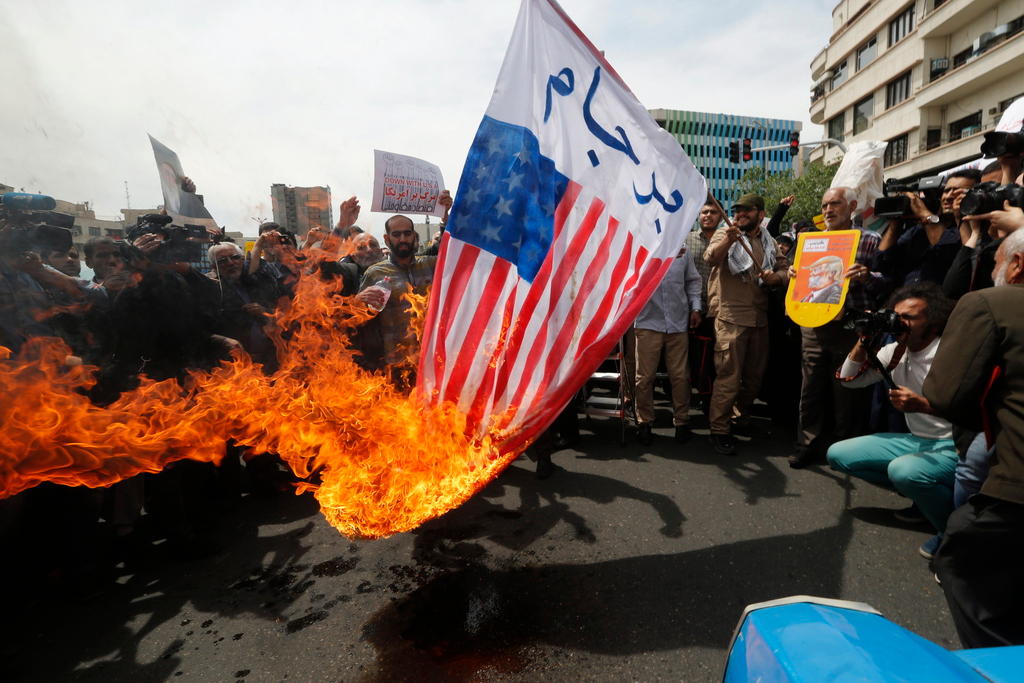

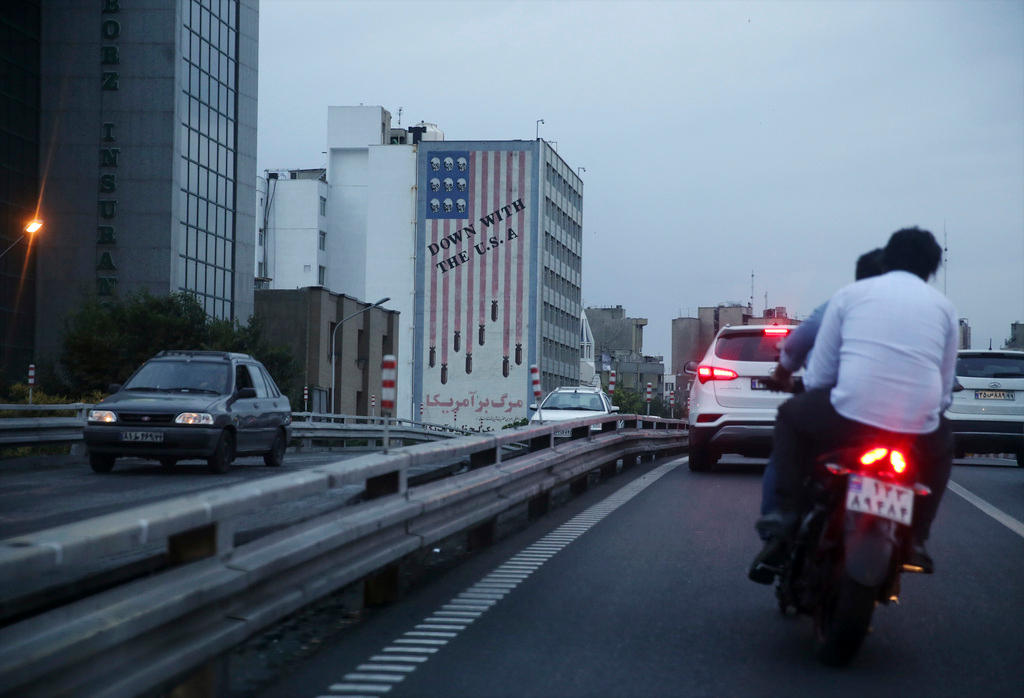
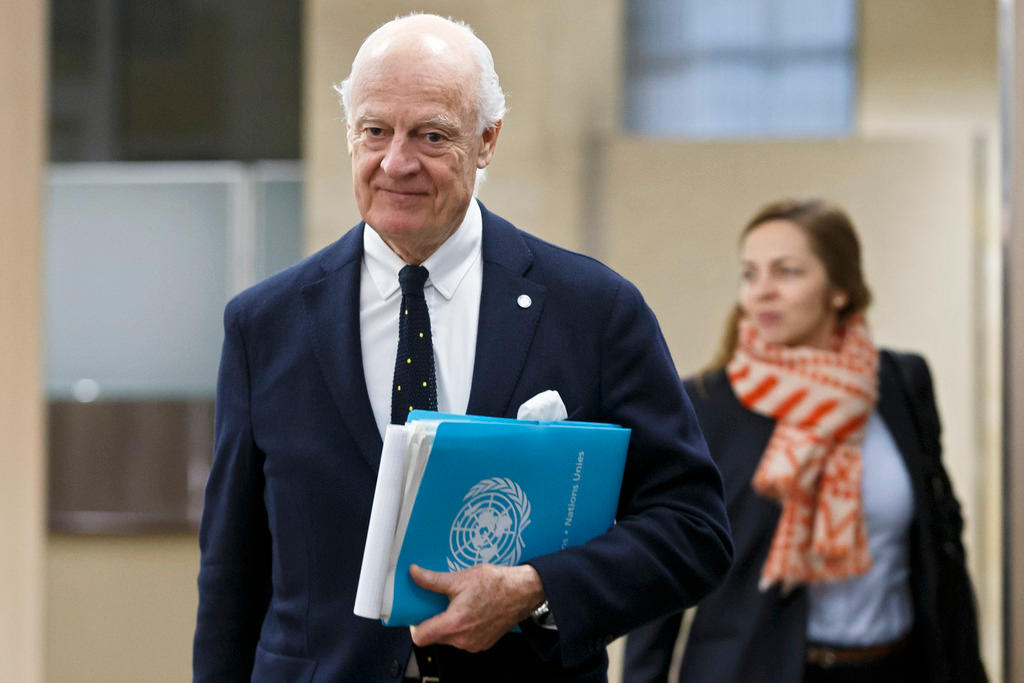


You can find an overview of ongoing debates with our journalists here . Please join us!
If you want to start a conversation about a topic raised in this article or want to report factual errors, email us at english@swissinfo.ch.